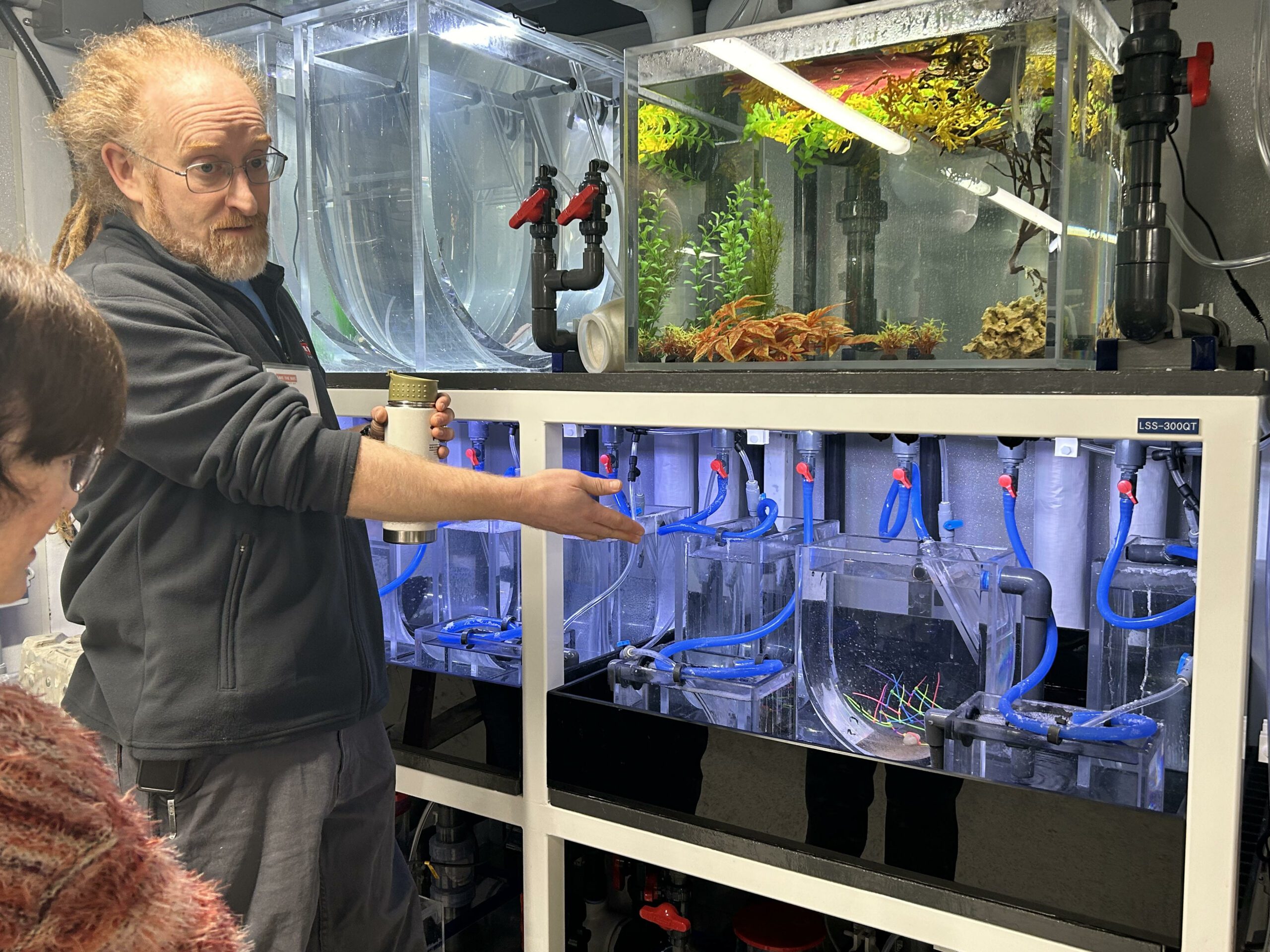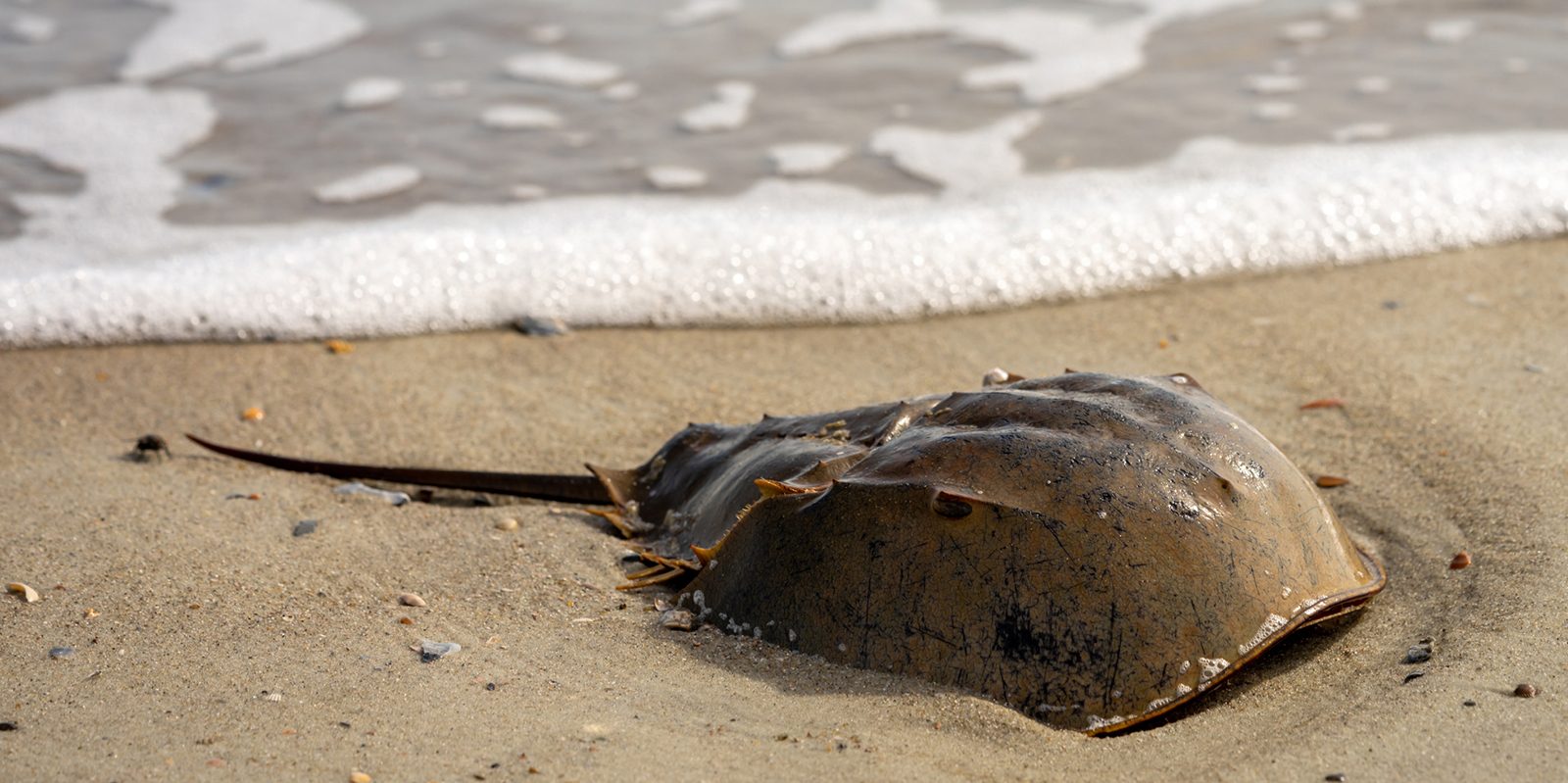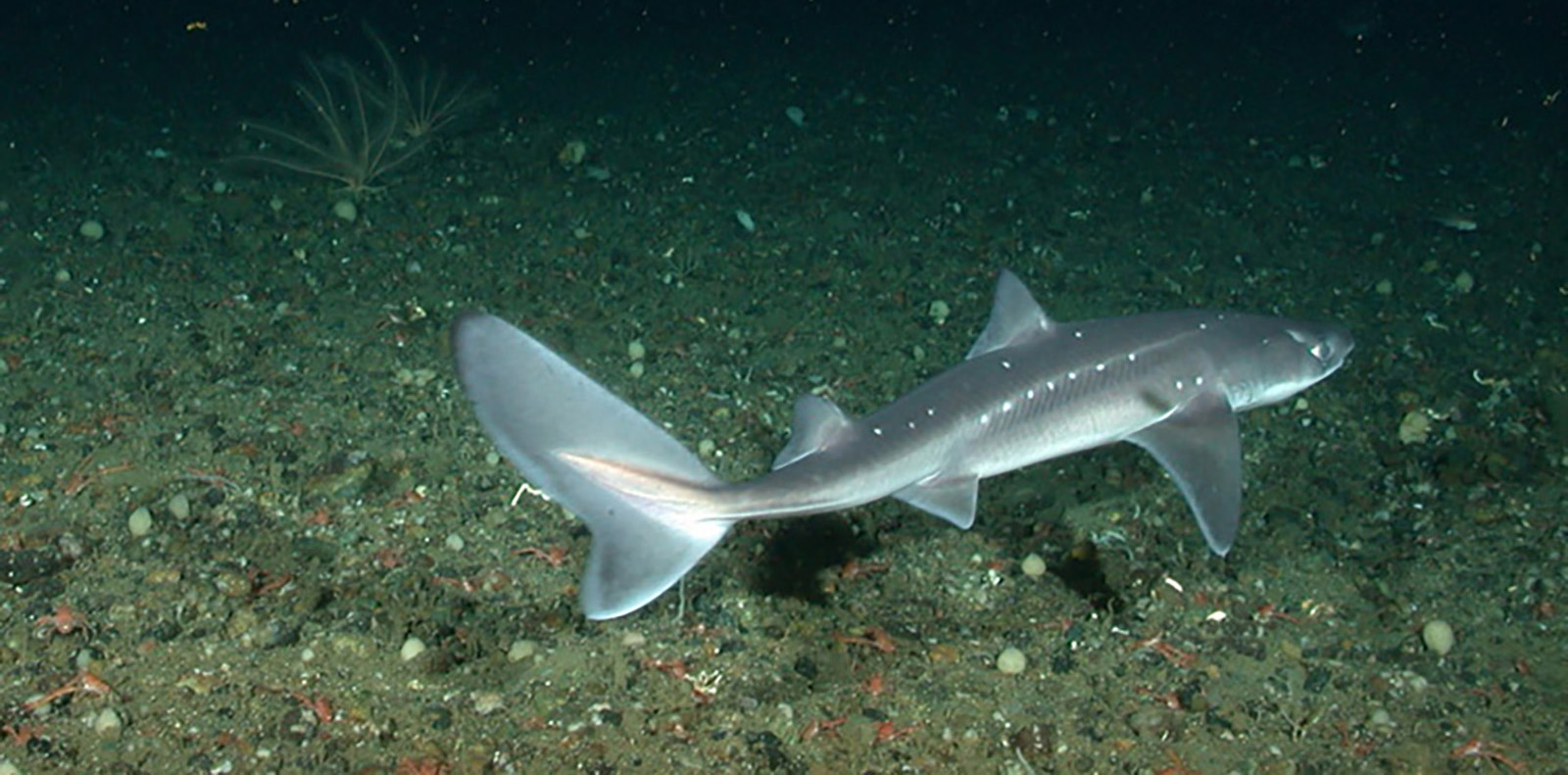Underwater Explorer Wants Ocean State to Dive Into Marine Technology
March 1, 2020
MIDDLETOWN, R.I. — Few people have a fish named after them. Michael Lombardi does, and it’s a mouthful: Derilissus lombardii. His three kids have simplified the name for themselves and their elementary-school classmates: the “Lombardi fish.”
Their father discovered the tiny fish nine years ago during a deep dive along the margins of an abyss in the Bahamas. A single specimen of a cryptic mesophotic clingfish was collected for further study. The Derilissus lombardii is now archived in repository at the American Museum of Natural History in New York City.
Lombardi and his dive partner, Jeff Godfrey from the University of Connecticut, found the new species of fish using diving technology they continue to advance here and worldwide: rebreathing.
Since scuba diving is easy and common, rebreathing technology, which has been around since the mid-1800s, has become a specialized use. Navy Seal teams, for instance, use rebreathers because the equipment is quiet. Lombardi said cost and perceived complexity placed a limit on market growth and broad acceptance.
For the past decade, however, Lombardi’s nonprofit, Ocean Opportunity Inc., has been spearheading the development of compact, low-cost rebreathers — a technology he said plays a critical role in better understanding the marine environment. He’s also been training people to use the equipment, and he’s conducted rebreather demonstrations at Seekonk High School, from where the Massachusetts native graduated.
Lombardi noted that rebreathers, which allow users to breathe their own air over and over again, make dives of 4-6 hours possible. Common scuba gear only allows for dives of 45 minutes to an hour. Plus, mixed-gas rebreathers are quiet and emit no bubbles, which doesn’t spook sea life.
“With scuba gear, we look like a freight train bearing down on them,” Lombardi said. “Rebreathers allow you to better observe wildlife.”
Rebreathers, though, aren’t the only technology Lombardi and his partners are developing to further opportunities for ocean exploration. The first thing that needs to be done, according to Lombardi, is making technology practical and economical.
Among the devices Lombardi has helped develop is a tent that allows for camping-like excursions underwater. An October 2018 test off the coast of Portsmouth successfully demonstrated the deployment and utility of this underwater tent.
The yellow prototype hangs from the rafters in Lombardi’s 1,000-square-foot workshop at the Middletown Tradesman Center on Oliphant Lane.
Lombardi and Winslow Burleson of New York University have since done many other camping dives and been awarded a patent for the technology. The portable inflatable habitat with modular payload, system and method is the direct evolution of previous work and system deployments in the Bahamas and Hong Kong. The duo is working on a patent for space use.
Their underwater tent provides a relatively dry and protected space for divers to enter, remove their equipment, decompress, and carry out any number of tasks before returning to the surface. It improves capabilities in deep scientific diving, medical treatment of decompression sickness in remote locations, and the opportunity to experience the underwater world in a new way.
The system is highly portable, akin to a backpacking journey, and can provide adequate life support to support two occupants through a prolonged stay, according to Lombardi.
His work, some of it funded by awards from the National Geographic Society, has taken scientific diving to depths exceeding 400 feet. He has helped study the importance of local coral, and done research on blue sharks in Rhode Island waters. Underwater lights he designed and built with Matt Jewell of Juice Robotics LLC are used by a University of Rhode Island researcher to conduct deep-sea videotaping.
Lombardi is leaving later this month for London to represent Rhode Island at Oceanology International 2020. He was one of six local marine-related experts asked to attend by the Rhode Island Commerce Corporation, which is funding exhibit costs.
The Barrington resident, who graduated from the University of New Hampshire in 2000 with a degree in marine biology, has long been trying to get the Ocean State — its universities, state agencies, and elected officials — more interested in ocean research. He said it seems like a natural fit, from both an economic development and research perspective.
Categories
Join the Discussion
View CommentsYour support keeps our reporters on the environmental beat.
Reader support is at the core of our nonprofit news model. Together, we can keep the environment in the headlines.
We use cookies to improve your experience and deliver personalized content. View Cookie Settings



